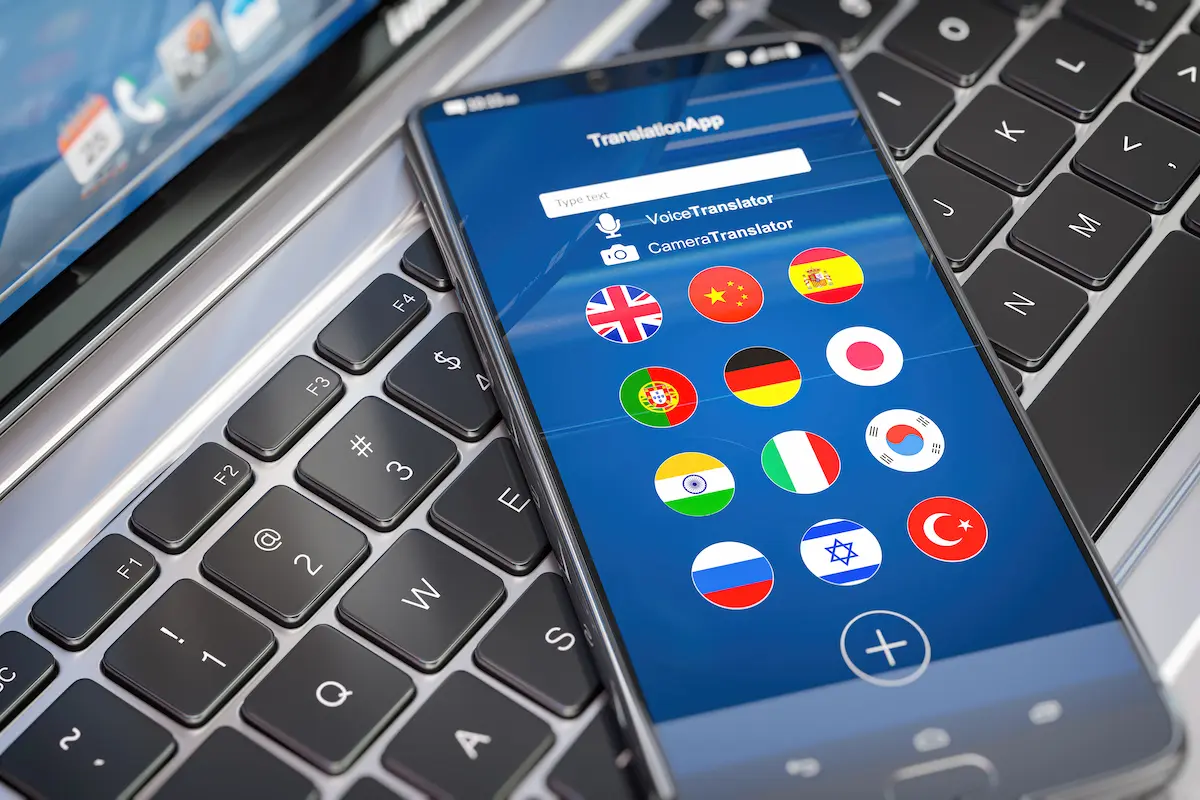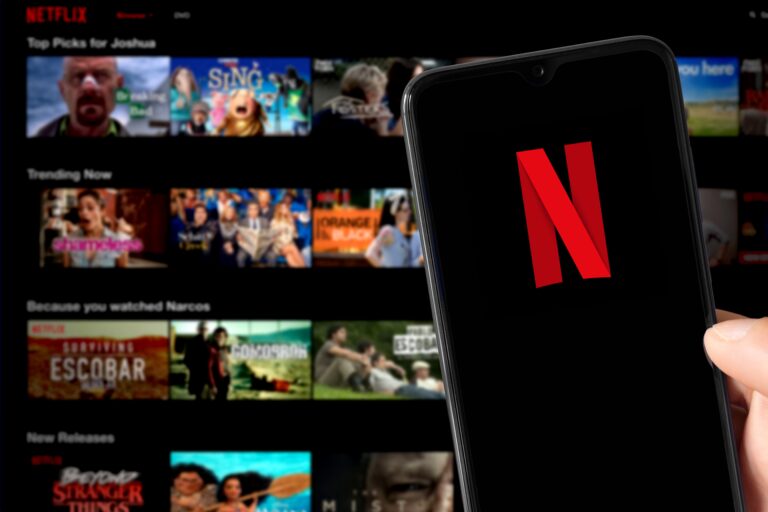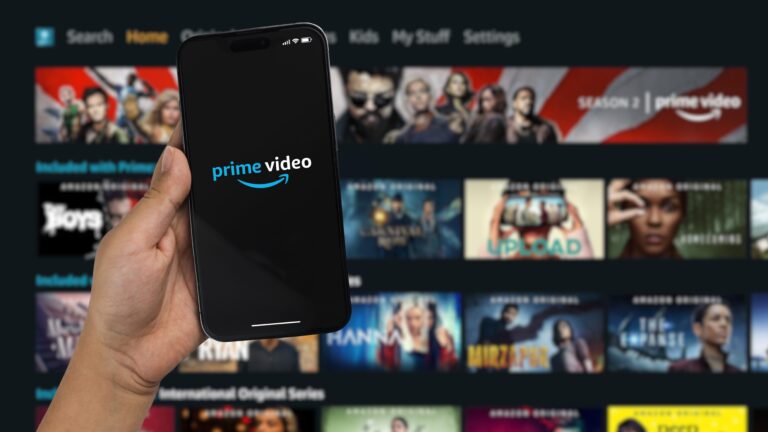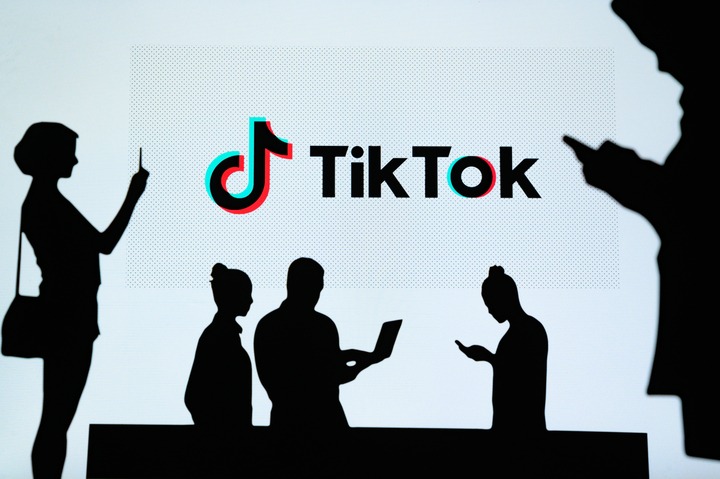Okay – awesome: your latest marketing videos are a wrap. All that’s left is to click upload and let the power of digital media work its magic. But in a post-pandemic world where localization takes center stage, isn’t it better to reach your target market with content in their own language? The recent jump of global e-commerce to $26.7 trillion is just one example of successful marketing localization. This means the language of the target market is used to create an impression on a specific group. That impression later translates to action. Much like how The Salesman of the Netflix hit-series Squid Games successfully turned his target group into players in the game. So, what it really comes down to is motivating the target market by speaking their language.
That’s why in this post we’ll draw attention to the crucial role of using language in marketing, three key steps you can use to localize your videos, and how your business can successfully adapt to localization today.
The crucial role of language in marketing videos.

A recent Netflix survey showed that dubbed shows were far more popular than their subtitled counterparts. And since a dubbed video is voiced by actors in the local language it’s more persuasive than just reading subtitles. So, more people in more places can now understand your product/service in their own language.
In fact, the recent increase of video views on Twitter to 62% emphasizes how digital videos have become an online tool that can translate into marketing growth. By eliminating the message ‘this video is not available in your language’ the chance of your videos being tweeted or retweeted instantly increases. This creates more online traffic which can eventually translate into sales.
That’s why, whatever your business is, here are three top tips you can use to localize your marketing videos.
3 steps to localizing your marketing videos
1. Market research
Video localization lets people make purchasing decisions in their native language. So, strategically speaking, the more eyes that ‘view’ your video the greater the response you can generate. And this is where market research comes in.
Think about it this way, if your product sparks an interest in Germany, market research helps you understand who is interested and why they are interested. This information can then show you how to translate, dub and even provide Metadata in German (tags, title, description). All of which makes the product more relatable in the language of the people.
With market research, you can develop a plan of how to connect your product to a specific group. This helps you consider the journey of the customer from browsing to purchasing and your pre- (and even post-) videos can appeal to customers in their own language.
2. Dubbing vs Subbing
In the past, subbing has often been used because of its cost-effectiveness. But today, dubbing is a better choice for larger-scale markets because it provides authentic content voiced by native actors.
France is an example of just one market where watching dubbed content is considered normal. In fact, an average of 70% of French people still prefer dubbing to subbing, even though half the content aired on French TV features US productions.
Dubbing gives people what they want in the language they want. So spending a little more on dubbing video content makes it more accessible to markets in other languages.
3. Consider culture and accuracy
In the 1980s KFC’s ‘finger lickin good’ slogan was once interpreted as ‘eat your fingers off’ in the Chinese market. A far cry from the original meaning. Though the advertisement video used localized language the original meaning of the product was lost. So, culture and accurate translation involves using the right version to reach multiple markets.
That’s also why native dubbing is fast becoming a go-to option. In dubbing, translation works hand-in-hand with native voice actors to keep true to the original message. This message then appeals to people in the language of their hearts.
Considering the cultural aspects of a prospective market can avoid creating offensive material. Native speakers are also the best option for dubbing services because it reduces the risk of misinterpretation.
How to successfully adapt your business to localization

Image: Envato
1. Think global
In other words, think beyond the scope of local markets. This helps you reach a specific target audience by utilizing better language strategies like dubbing.
And if you need a little more background on dubbing, check out our helpful advice on what’s the best choice for localization.
2. Think appeal
In France Jean-Pierre Michaël has often been referred to as the official French voice of Brad Pitt. Trying to replace him in the past even resulted in a market loss in France.
So, having the right market appeal in a product/service creates stability and comfort that resonates with the audience.
3. Think change
To accommodate for native language, translation and dubbing videos are often edited and cut. But this kind of change is good. Using target languages makes your videos accessible and your product more acceptable to a specific audience.
In fact, Voice123 has a wide range of voice actors to help you say it natively so here’s a few ways to find one that’s best suited to your language localization: How to best use voice123 to find and direct voice actors?
Final thoughts
Marketing is an ever-changing landscape. So, capturing the attention of a foreign audience involves changing the language of your video content. By adapting the language style, tone, and even intent, your marketing videos can reach the heart of the audience and move them to action.
You can do that by paying special attention to market research, using native voice actors to dub your videos, and considering the cultural accuracy and effect a video may have before its release.
So, we wish you all the best as your business continues to navigate the valuable aspects of language localization.
Of course, Voice123 also has a roster of brilliant professionals who speak foreign languages to help guide you down the path of localized dubbing!



































































































